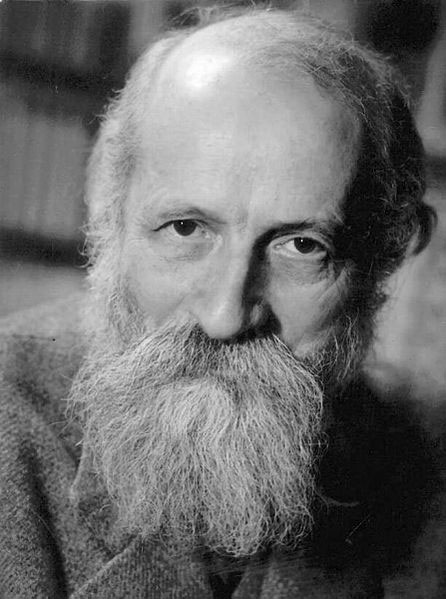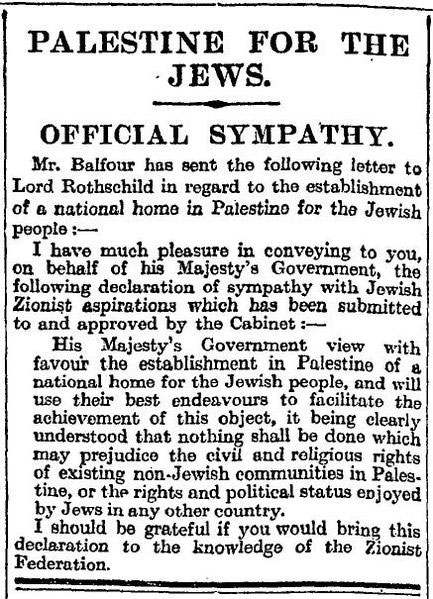
-
ZWEIG AND JUDAISM
Although born to Jewish parents, religion did not play a central role in Zweig's education. When asked about this in an interview, Zweig said: "My mother and father were Jewish only through accident of birth". Zweig believed in universalism and Europeanism and adopted Judaism only inasmuch as it supported these ideas. However, he did not renounce his Jewish faith and wrote repeatedly on Jews and Jewish themes - such as in his story Buchmendel - and his Jewish identity clearly played a significant role in his life: “I have been vitally interested in Jewish problems all my life,” he wrote, “vitally aware of the Jewish blood that is in me ever since I have been conscious of it."
-
ZWEIG AND THE ZIONIST MOVEMENT
However, Zweig totally rejected the Zionist movement which strove to create a national home for the Jews in their historical homeland. Zweig believed that being a Jew allowed him to conduct his life according to humanistic values, and refused to join the" fanatical nationalistic movements".
In his letter to the famous Jewish philosopher Martin Buber, written on 24.1.1917 during the midst of WWI, Zweig expounded on his attitude towards Judaism and Zionism. Among other things Zweig also mentioned the "fanatic and nationalistic views" of Kafka's close friend, Max Brod.
 Balfour Declaration as published in The Times, 9th of November, 1917
Balfour Declaration as published in The Times, 9th of November, 1917 -
THE LETTER TO BUBER
[…] Regarding my feelings as a Jew, I have never felt as free as now, in the days of nationalist delusion. I am divided from you and your supporters by the fact that I have never wished that Judaism would become a nation again, thus reducing itself to competing with the present realities. I love the Diaspora and stand behind it because of its idealism, as well as its human and universal call.
I do not wish for any union other than in spirit, the only real factor we have in common, never in a language, in nation, in customs and habits - beautiful but dangerous syntheses.
I regard the present situation as the best for mankind: this being one entity without language, without bonds, without a homeland –united only through the aura of entity. Any closer and more tangible unification seems to me a diminution of this unparalleled situation. The only quality which we must reinforce is not to view this situation as humiliation, but rather to accept it with love and with full awareness, as I do. […]
 Zweig's letter to Martin Buber, 24.1.1917, p.4, NLI
Zweig's letter to Martin Buber, 24.1.1917, p.4, NLI Zweig's Letter to Martin Buber, 24.1.1917, p.1, NLI
Zweig's Letter to Martin Buber, 24.1.1917, p.1, NLI Zweig's letter to Martin Buber, 24.1.1917, p.2, NLI
Zweig's letter to Martin Buber, 24.1.1917, p.2, NLI Zweig's letter to Martin Buber, 24.1.1917, p.3, NLI
Zweig's letter to Martin Buber, 24.1.1917, p.3, NLI